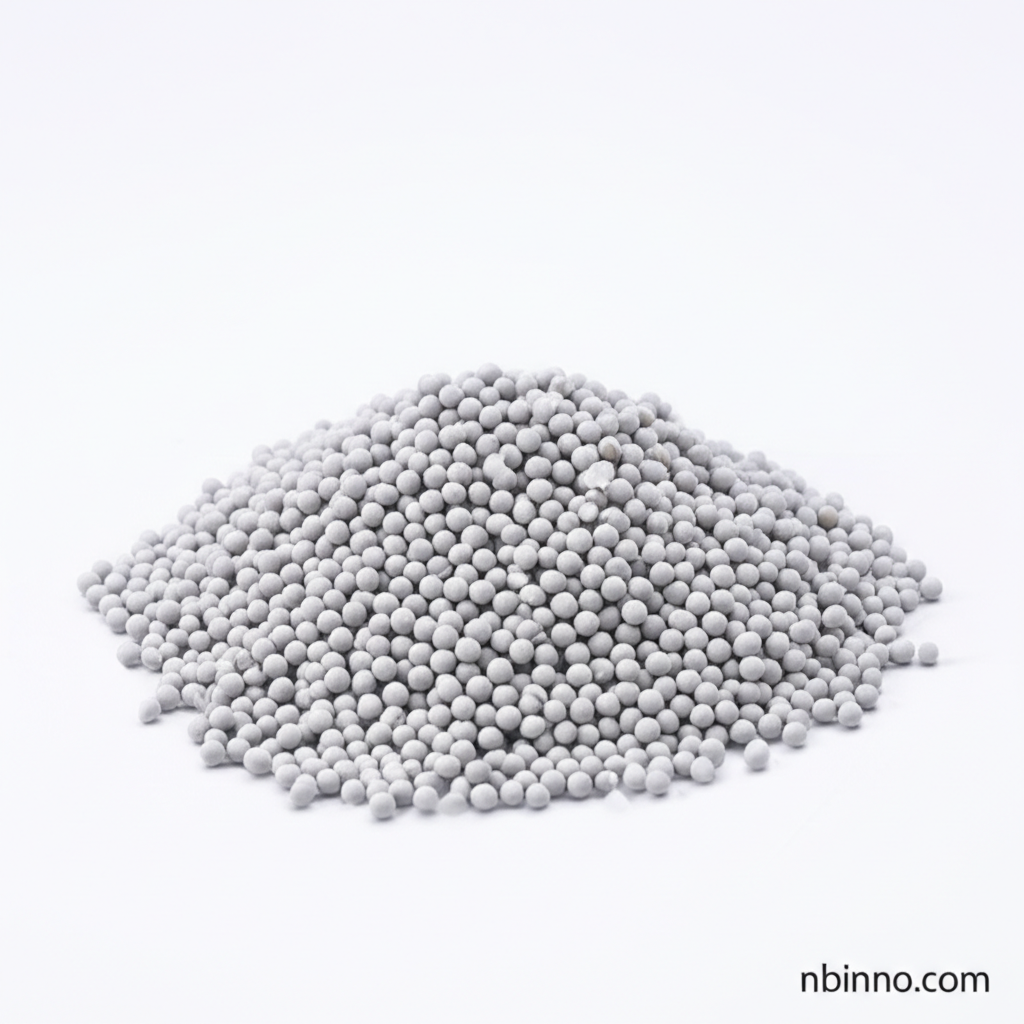Advanced 13X APG Molecular Sieve for Air Separation
Enhance your air separation processes with superior CO2 and H2O co-adsorption capabilities.
Get a Quote & SampleProduct Core Value

13X APG Molecular Sieve
The 13X APG molecular sieve is a specialized synthetic zeolite engineered for the demanding requirements of the cryogenic air separation industry. Its primary function is the co-adsorption of carbon dioxide (CO2) and water (H2O), significantly improving the efficiency and reliability of air separation processes. By effectively removing these impurities, it prevents critical issues like bed gelation, ensuring continuous and high-purity gas production.
- Discover the benefits of using a 13X APG molecular sieve for air separation, ensuring optimized performance in your cryogenic applications.
- Leverage the molecular sieve CO2 and H2O co-adsorption capabilities to maintain peak operational efficiency.
- Understand why this cryogenic air separation molecular sieve is the preferred choice for advanced industrial gas processing.
- Explore the impressive molecular sieve adsorption capacity that allows for longer operational cycles and reduced regeneration frequency.
Key Advantages
Exceptional Purity
Achieve higher purity levels in your separated gases through effective removal of CO2 and H2O, leveraging the advanced properties of the molecular sieve for air separation.
Operational Stability
Prevent operational disruptions such as bed gelation with the superior co-adsorption performance of this specialized molecular sieve, ensuring reliable continuous operation.
High Efficiency
Benefit from faster adsorption speeds and a higher overall capacity, contributing to more efficient and cost-effective gas separation processes.
Key Applications
Air Separation
Crucial for cryogenic air separation units, this sieve efficiently removes CO2 and H2O to prevent freezing and contamination, thus supporting the production of high-purity oxygen and nitrogen.
Gas Purification
Used in various industrial gas streams to remove trace moisture and carbon dioxide, ensuring the quality and stability of gases used in sensitive applications.
Dehydration
Effectively dehydrates gases and liquids, offering a robust solution for applications requiring extremely low dew points.
Desulfurization
Can be employed in specific processes for the removal of sulfur compounds from gas streams, contributing to cleaner fuel and industrial processes.
